About #ReimagineCrisis
#ReimagineCrisis is an initiative that brings together a diverse partnership made up of leading organizations committed to reimagining our national response to people experiencing a mental health, suicide, or substance use crisis.
Together, we call on policymakers at the national, state, and local levels to take bold, urgent action to implement policies, funding and programs needed to build a true mental health crisis system – one that ensures every adult and child in crisis gets the effective care and support they need. It will take all of us to make this vision a reality.
#ReimagineCrisis Principles
Our organizations join together to call for a crisis system that:
A reimagined crisis response treats a mental health emergency as a health emergency, providing mental health services as a primary response to any adult or child in a mental health, substance use or suicidal crisis.
A reimagined crisis response treats everyone who experiences a mental health, suicide or substance use emergency, humanely—with respect and dignity—while also providing the same respect and support to their loved ones.
A reimagined crisis response addresses disparities in care for mental health conditions and substance use disorders by ensuring any person who experiences a mental health crisis has equal access to a mental health response where their cultural and linguistic needs are met and are treated equitably, regardless of race, religion, geography, sexual orientation, gender identity, socioeconomic status, disability, or mental health diagnosis – including access to specialized services for disproportionately impacted communities.
A reimagined crisis response reliably serves all people in crisis quickly, giving access to mental health and substance use care anywhere anytime, through the options of someone to talk to, someone to respond, and a safe place for help.
A reimagined crisis response reflects the unique needs of communities and their population by encouraging innovation and leveraging new and existing resources to provide the core elements of crisis response.
A reimagined crisis response incorporates the unique and essential role of peers and their families in all aspects of providing crisis services – from creating a crisis system that meets the needs of the local community to including peer support workers as part of the continuum of care.
A reimagined crisis system expands the mental health workforce by incorporating a broad range of professionals, including peers and families with lived experience, and ensuring that the workforce is sufficient in supply, diversity and training to meet the cultural and linguistic needs of all individuals, especially marginalized and underserved populations in the community.
A reimagined crisis response focuses on intervening as early as possible in a person’s crisis and connecting every person in crisis to long-term supports and services that help them get well and stay well, ideally while remaining in the community.
Endorsing Organizations: American Association of Suicidology; American College of Emergency Physicians; American Counseling Association; American Foundation for Suicide Prevention; American Psychiatric Association; Behavioral Health Foundation; Behavioral Health Link; Centerstone; CIT International; Crisis Residential Association; Crisis Text Line; Fountain House; Inseparable; JED Foundation; The Kennedy Forum; Legal Action Center; Meadows Mental Health Policy Institute; The Mental Health Coalition; National Alliance on Mental Illness; National Asian American Pacific Islander Mental Health Association; National Association for Rural Mental Health; National Association of County Behavioral Health & Developmental Disability Directors; National Association of State Mental Health Program Directors; Police, Treatment, and Community Collaborative (PTACC); RI International; Steinberg Institute; Treatment Advocacy Center; The Trevor Projec
#ReimagineCrisis Partners
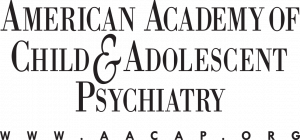


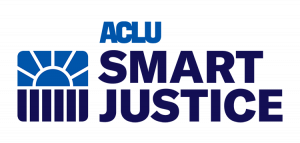

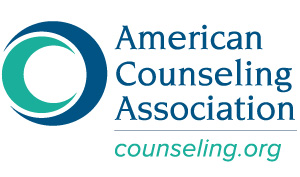





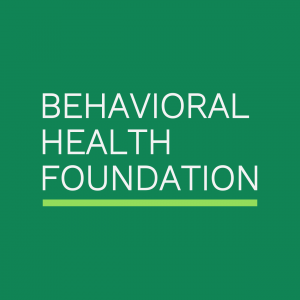






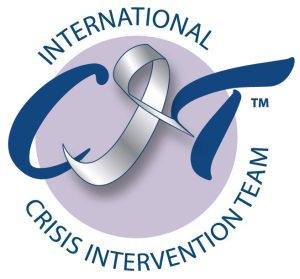

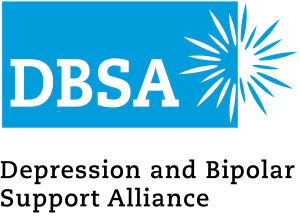



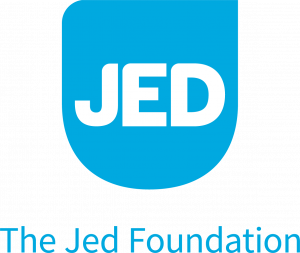







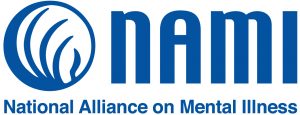


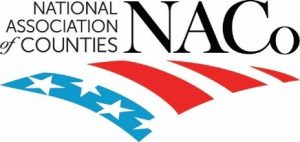
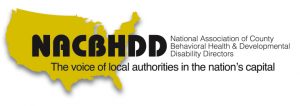
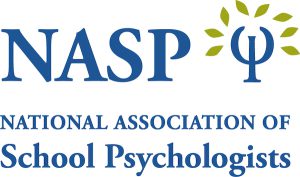



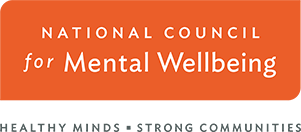
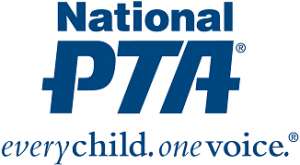
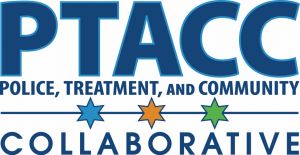


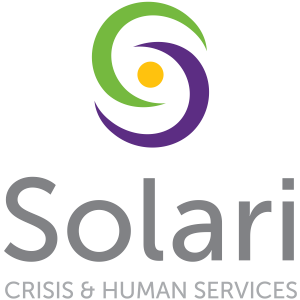



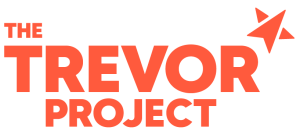

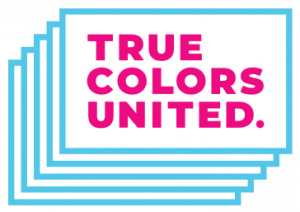
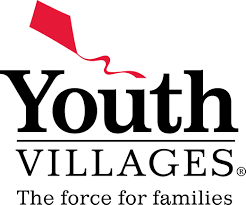
American Academy of Child and Adolescent Psychiatry
American Academy of Pediatrics
American Association of Suicidology
ACLU Smart Justice
American College of Emergency Physicians
American Counseling Associaiton
American Foundation for Suicide Prevention
American Psychiatric Association
American Psychological Association
Autoimmune Association
Behavioral Health Foundation
Behavioral Health Link
Center for Law & Social Policy
Centerstone
Children’s Hospital Association
CIT International
Connections Health Solutions
Crisis Residential Association
Crisis Text Line
Depression and Bipolar Support Alliance
First Focus on Children
Fountain House
Inseparable
Legal Action Center
LULAC (League of United Latin American Citizens)
Major County Sheriffs of America
Meadows Mental Health Policy Institute
Mental Health America
National Alliance on Mental Illness
National Asian American Pacific Islander Mental Health Association
National Association for Rural Mental Health
National Association of Counties
National Association of County Behavioral Health and Developmental Disability Directors
National Association of Peer Supporters
National Association of School Psychologists
National Association of Social Workers
National Association of State Head Injury Administrators
National Association of State Mental Health Program Directors
National Council for Mental Wellbeing
National Parent Teacher Association (PTA)
RI International
Shatterproof
Solari Crisis & Human Services
Steinberg Institute
The Arc
The Jed Foundation
The Kennedy Forum
The Mental Health Coalition
The Steve Fund
The Trevor Project
Treatment Advocacy Center
PTACC: Police, Treatment, and Community Collaborative
True Colors United
Trust for America’s Health
Youth Villages
Questions? Contact us at [email protected].

